Helping You Say Goodbye: Compassionate Support for Your Pet’s Final Chapter
Your once-energetic Labrador may now hesitate at the bottom of the stairs, unsure if he can climb without falling. A beloved cat may spend most of the day tucked away in a quiet corner, ignoring meals that used to spark excitement. These moments often leave families facing one of the hardest questions of pet ownership: How do I know when my pet’s quality of life is slipping, and what should I do next?
At Northwood Veterinary Hospital, we know how overwhelming this stage can feel. Our team is here to provide medical guidance, compassionate care, and the reassurance that you do not have to make these decisions on your own.
Signs That Quality of Life Is Declining
Pets may not show discomfort in obvious ways, so recognizing the more subtle indicators becomes important. Common changes include:
- Persistent or poorly controlled pain
- Breathing that is labored, even at rest
- Loss of appetite or interest in drinking water
- Difficulty moving, climbing, or standing without help
- Withdrawal from family members or favorite activities
- Confusion, disorientation, or signs of cognitive decline
Structured tools such as the Quality of Life Scale can help families measure comfort levels by looking at areas like mobility, hygiene, and overall happiness.
Some conditions progress slowly, like arthritis or cognitive dysfunction in dogs. Others, such as organ failure, may deteriorate suddenly. Our veterinarians use diagnostic tools like our in-house laboratory, ultrasound, and X-rays to clarify what is happening internally, helping families understand whether treatments can still provide relief or if comfort care should take precedence.
Hospice Care and Its Role in End-of-Life Support
End-of-life care, often called veterinary hospice, focuses on comfort rather than cure. The goal is not to prolong suffering but to provide a peaceful, supported transition surrounded by family.
Hospice care may include:
- Tailored pain management using medications such as NSAIDs, gabapentin, or opioids
- Nutritional support or appetite stimulants for pets who no longer eat well on their own
- Physical therapy or assistive devices that improve mobility- ask us about PT for your pet.
- Subcutaneous fluids or hydration strategies for pets with kidney disease or dehydration
- Home modifications like padded bedding, ramps, or non-slip rugs to reduce stress and accidents
These steps allow families to extend good days while reducing discomfort. For most pets, continued dental care also plays an important role, since oral pain can significantly impact eating and overall wellbeing.
Hospice is about creating space- space to say goodbye, to share meaningful moments, and to honor the bond you have built with your pet.
Understanding Euthanasia as a Loving Choice
When a pet’s discomfort outweighs their ability to enjoy life, euthanasia becomes a compassionate option. It is not a failure but a gift. It’s the decision to relieve suffering when nothing else can.
At Northwood Veterinary Hospital, euthanasia is always performed with dignity and peace:
- Pets receive sedation first, so they are calm and relaxed.
- A final injection follows, allowing them to pass without pain.
- Families may stay for as long as they wish, choosing the level of involvement that feels right.
Our team provides guidance on aftercare, including cremation or burial options, so you feel supported every step of the way.
Preparing for Pet Loss Ahead of Time
Families often wait until the final day to consider decisions about aftercare or when to let go. While this is understandable, preparing in advance can reduce stress and provide peace of mind.
Important considerations include:
- Defining comfort thresholds: Decide ahead of time what changes will indicate it is time to say goodbye. This may include refusal to eat, persistent pain, or loss of mobility.
- Planning for aftercare: Choose whether you would like cremation with ashes returned, communal cremation, or burial if permitted locally. Having this decision made in advance prevents rushed choices during a time of grief.
- Family conversations: Discuss how children will be involved, using honest, age-appropriate language, and consider ways to include them in saying goodbye. Be sure the family is on the same page with comfort thresholds.
- Memorial planning: Some families choose paw print keepsakes, planting a memorial tree, or creating a scrapbook to celebrate their pet’s life.
Support is available for families during this process. The Association for Pet Loss and Bereavement offers online support groups, while Cornell’s grief resources provide counseling options and practical tools to help cope with loss. Preparing early ensures that when the moment comes, you can focus fully on your pet rather than on logistics.
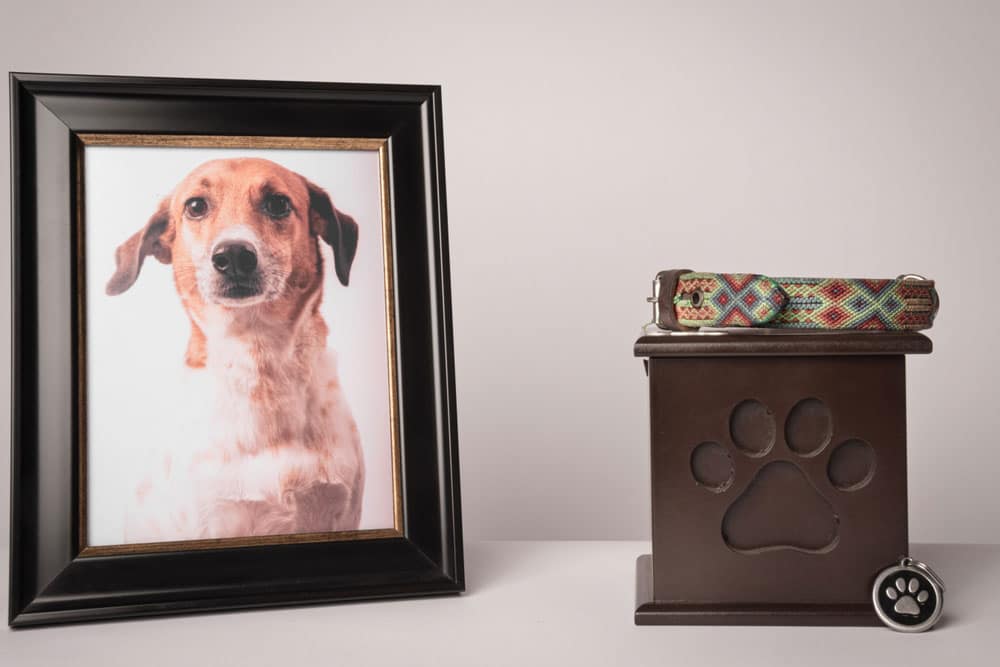
The Role of Your Veterinary Team
At Northwood Veterinary Hospital, our role extends beyond medical treatment. We walk with you through each step of your pet’s journey, ensuring that decisions are informed and compassionate.
Our full range of veterinary services allows us to support pets from their first wellness exam through their final days. By combining preventive medicine, advanced diagnostics, and compassionate end-of-life care, we help families make informed decisions at every stage.
- Comprehensive diagnostics: Our in-house laboratory, ultrasound, and X-ray capabilities allow us to quickly identify changes in organ function, detect tumors, or monitor chronic diseases such as kidney failure and heart disease. For families considering hospice or palliative care, these tools provide valuable information about whether treatments are still effective or whether a shift toward comfort-focused care is more appropriate.
- Gentle dental care: Dental disease is one of the most common—and most overlooked—sources of pain in senior pets. Loose teeth, infections, and inflamed gums can make eating difficult and impact overall health. Our dental services focus on alleviating discomfort and restoring quality of life, so your pet can continue enjoying meals and maintaining strength.
- Rehabilitation and physical therapy: Many aging pets struggle with arthritis, muscle weakness, or recovery from injury. Our physical therapy program uses tailored exercises, mobility aids, and pain-relieving techniques to help pets move more comfortably. Even small improvements in strength and flexibility can reduce frustration for pets who want to stay engaged with their families.
- Urgent care: Illnesses and injuries do not always follow a predictable schedule. While Northwood Veterinary Hospital is not a 24-hour facility, our veterinarians are available to see urgent and emergency cases during normal business hours. Whether your pet experiences sudden breathing difficulty, uncontrolled vomiting, or a painful injury, we will prioritize their care and coordinate with regional emergency hospitals if overnight monitoring or advanced treatment is required.
Our team works with you to balance medical care, emotional needs, and practical planning, so your family never has to navigate this stage alone.
You Don’t Have to Carry This Alone
Saying goodbye to a pet is one of the hardest parts of the human–animal bond, but you do not have to face it without help. Our veterinarians and staff are here to provide medical expertise, emotional support, and the compassion you and your pet deserve.
If you are noticing changes in your pet’s appetite, mobility, or overall comfort, or if you are faced with an urgent situation, please reach out. Together, we can ensure that your pet’s final days are filled with dignity, peace, and love.
Phone: (603) 942-8368
Address: 569 1st New Hampshire Turnpike, Northwood, NH 03261
Request an Appointment

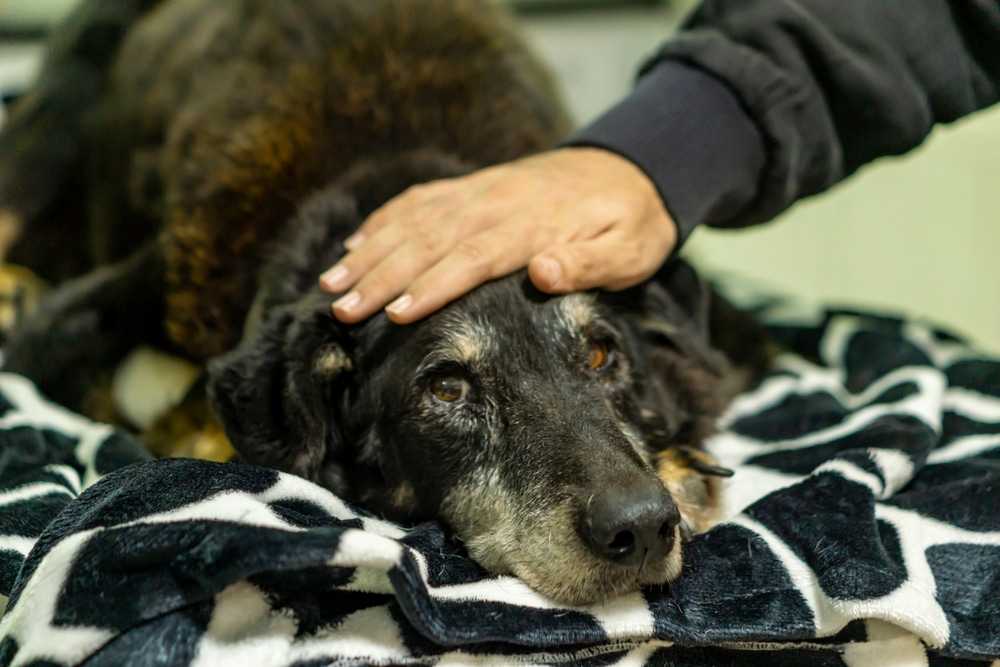
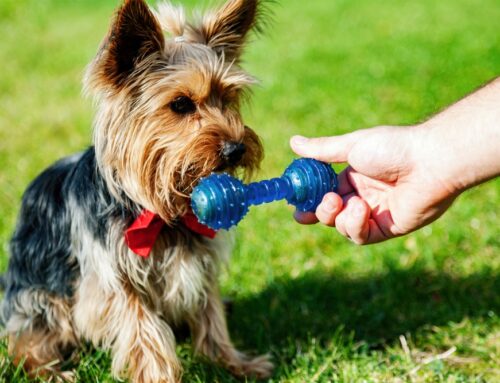
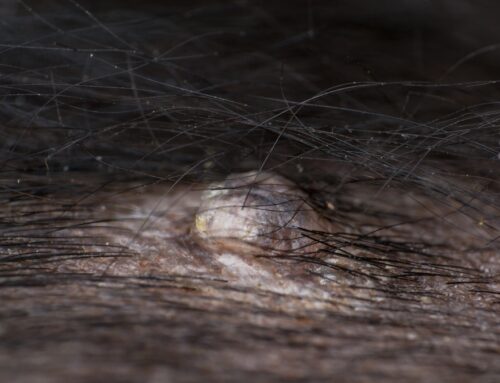
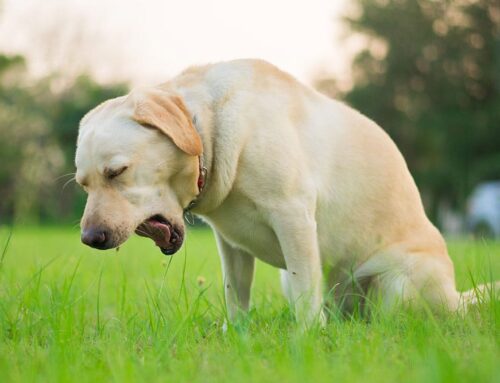
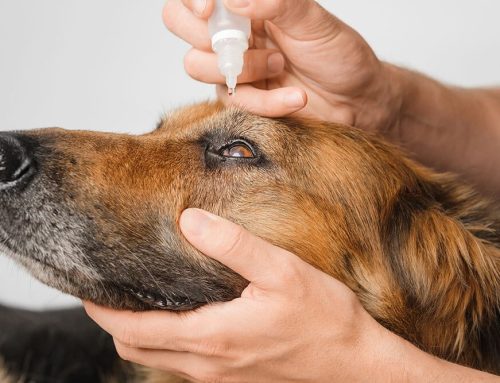

Leave A Comment